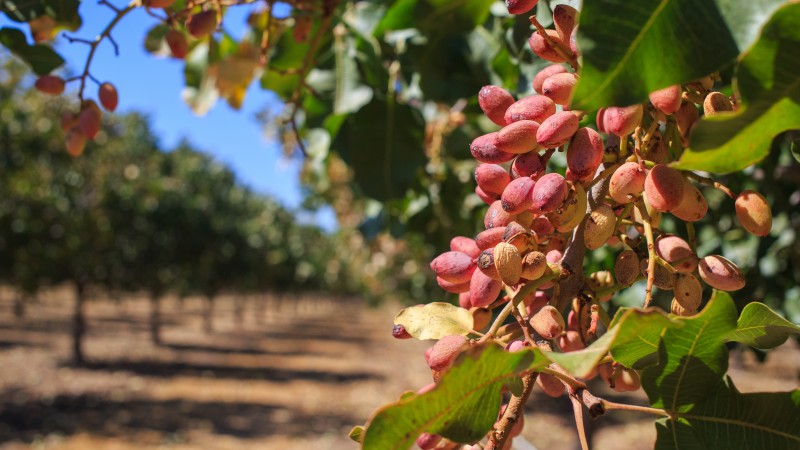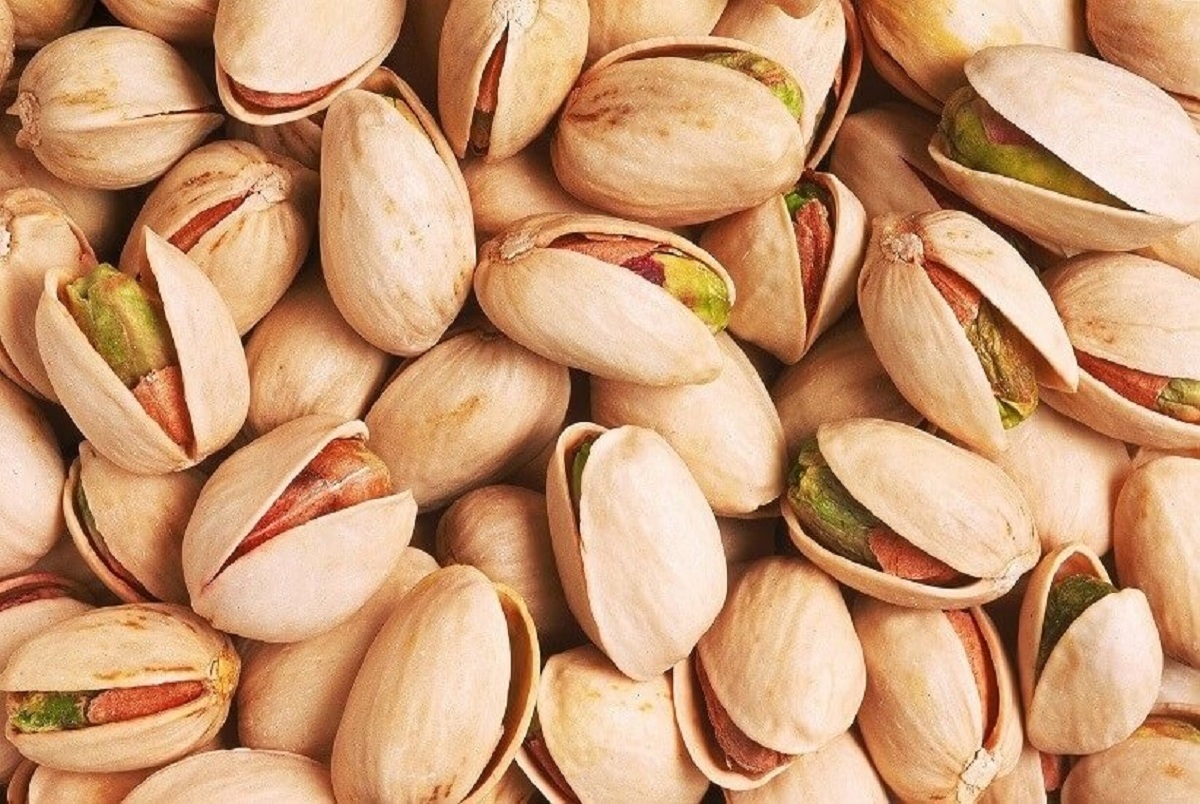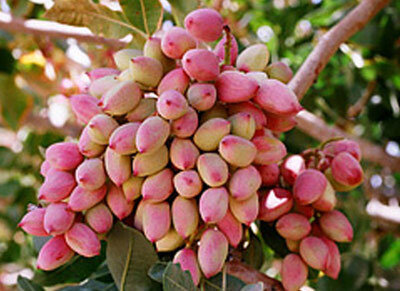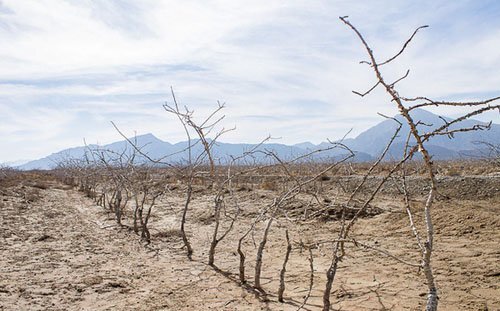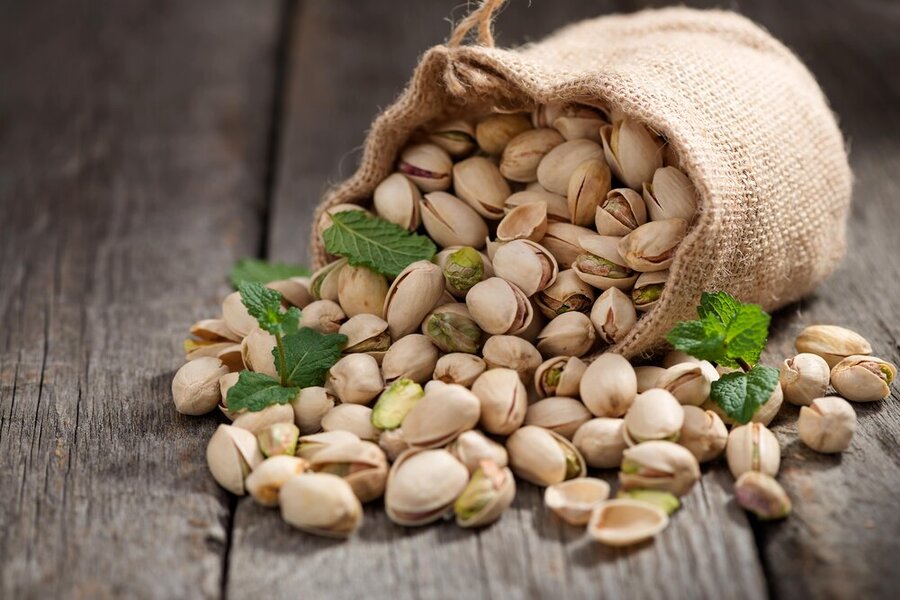The head of the Kerman Chamber, referring to the importance of pistachio products for the country and Kerman province, announced the existence of one and a half billion dollars in foreign exchange earnings and 200,000 jobs in this field and said: pistachios are cultivated in 27 provinces and in addition to currency and employment It is related to the livelihood of 5 million people.
Seyyed Mehdi Tabibzadeh in the 67th meeting of the Government-Private Sector Dialogue Council of Kerman province on the subject of examining the problems of the pistachio industry, added: “Today’s discussion of pistachios is to continue competition and presence in the world market, even when our main rival, the United States, is our enemy.”
He said: “While the United States has about 500,000 tons of pistachio production, this year our country’s pistachio production is about 135,000 tons and in the meantime Kerman province, which always produced more than 60 to 70% of the country’s pistachios, only 50,000 tons Lack of water and temperature fluctuations and lack of support from producers are among the reasons for this decline.
Tabibzadeh continued: Kerman Chamber and members of the Chamber of Deputies are pursuing various problems, including holding meetings with the Governor of the Central Bank, the Minister of Industry, Mines and Trade and the Head of the Trade Development Organization, to solve production problems and exporters of agricultural products, including pistachios.
The head of the Kerman Chamber proposed to extend the deadline for fulfilling foreign exchange obligations until the end of the year and continued: it is necessary to set up a special headquarters or working group to solve the problems in the field of production and export of agricultural products.
The multiplicity of exchange rates creates rents
The head of the economic commission of the parliament pointed out that in economies where there are several exchange rates, we are witnessing rent-seeking and corruption. He said: “Since 1997, with the implementation of the 2 exchange rate plan, not only the prices of basic goods that used the 4,200 Toman currency have not remained stable, but also prices and inflation have increased while creating rents and corruption.”
Mohammad Reza Poorabrahimi added: “We must move towards a balanced exchange rate and strengthen the value of the national currency to increase the purchasing power of the people and prevent inflation.”
Poorabrahimi continued: “For economic power, exports should be strengthened and be the focus of government activities, and the parliament also supports this important issue.”
He suggested: a list of well-known exporters should be prepared and sent to the Economic Commission of the parliament so that according to the suggestions of these people, special facilities will be considered for them to fulfill their foreign exchange obligations.
Poorabrahimi continued: “The obligations created for exporters of agricultural products should be separated from the conditions of export of oil and oil products.”
Also, the governor of Kerman, while praising the Kerman Chamber for following up the economic issues of the province, said: “The problems raised in the meetings of the government-private sector dialogue council can be seen all over the country, and the expert solutions proposed in this meeting should be seen at the macro level.” Plan and execute.
Ali Zeinvand said: “Last year, about a thousand hectares of pistachio lands were taken out of production, and with this trend, it is difficult to continue competing in the global market.” He attributed the lack of quality and productivity to traditional agriculture and smallholder ownership, which has led to a waste of water and resources.
The governor of Kerman stated: One of the resolutions of this meeting is the formation of a coordination committee to gather and persuade farmers and announce one of the pistachio-rich cities of the province as a pilot to connect some farmers to mechanized and knowledgeable production.
Zinvand added: “Some farmers whose pistachio crop is not very acceptable in terms of quality and volume of harvest, can leave the management of their garden to people who earn several times more while reducing the area under cultivation.”
In this meeting, Jalil Karbakhsh, Vice President of Kerman Chamber and Seyed Mohammad Reza Torabi Mousavi, Chairman of the Agriculture Commission of Kerman Chamber and some experts and activists in the field of production and export of pistachio products also expressed their concerns and proposed solutions.
